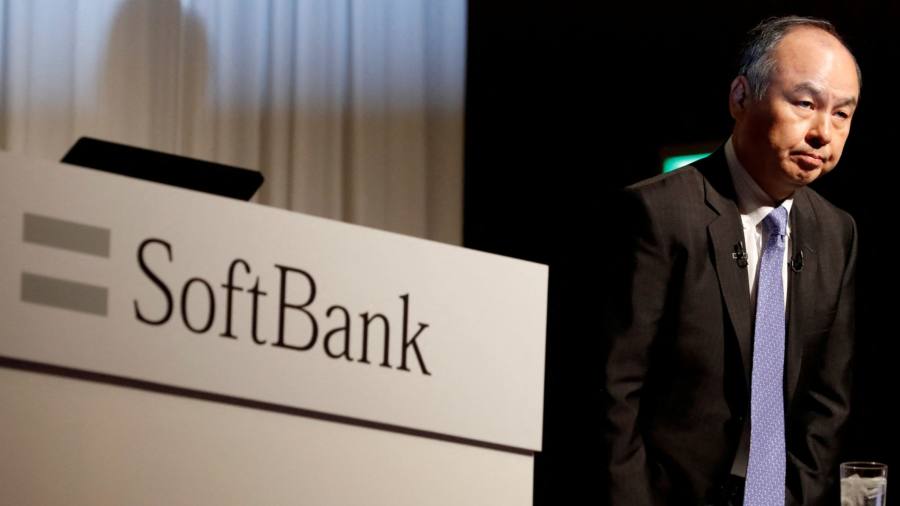Once hyped for their vast scale, SoftBank’s tech investment funds are now notable for their huge losses. These stood at ¥5.3tn ($39bn) for last year, setting a record of precisely the wrong kind for Masayoshi Son, founder of the Japanese tech investment group.
The value destruction stands as a monument to a year in which rising interest rates pulled the rug on tech stocks. SoftBank is the sector’s biggest and best-known bull. Its own shares have halved from their 2021 peak.
The group announced a final loss of ¥970bn ($7.2bn) in consolidated results for the year to March. The size of the loss is surprising, given a $29bn selldown of Alibaba shares. It is the company’s second year in the red.
SoftBank and its tagalong Vision Fund unit cannot be faulted for their optimism. They still have high hopes for stakes in companies such as Arm and TikTok parent ByteDance.
ByteDance was valued at $75bn in 2018 when SoftBank participated in a funding round. The valuation peaked at $220bn, promising a windfall for Son and his shareholders.
That seems less likely now. The US market is crucial to ByteDance. TikTok has more than 150mn active monthly US users, almost half of the population. Its popularity has sparked concerns that user data could be shared with the Chinese government.
TikTok denies this. But the possibility of a full US ban cannot be ruled out. A string of US lawmakers back this. Montana may become the first US state to pass legislation banning TikTok on personal devices.
ByteDance still has Douyin, the Chinese equivalent of TikTok, for the local market. But this lacks the global reach, and ad revenue potential, of TikTok.
As for UK-based chip designer Arm, SoftBank reportedly hoped for a valuation of $60bn from a New York listing. Valued at an industry multiple, a worth of about $34bn is more likely. Chinese artificial intelligence investments may not bring SoftBank much relief, given political difficulties in exporting their technology.
After huge losses on investments, SoftBank shares trade at a jaw-dropping 46 per cent discount to net asset value. As a judgment on Son’s risk management skills, that looks about right.
Read the full article here




